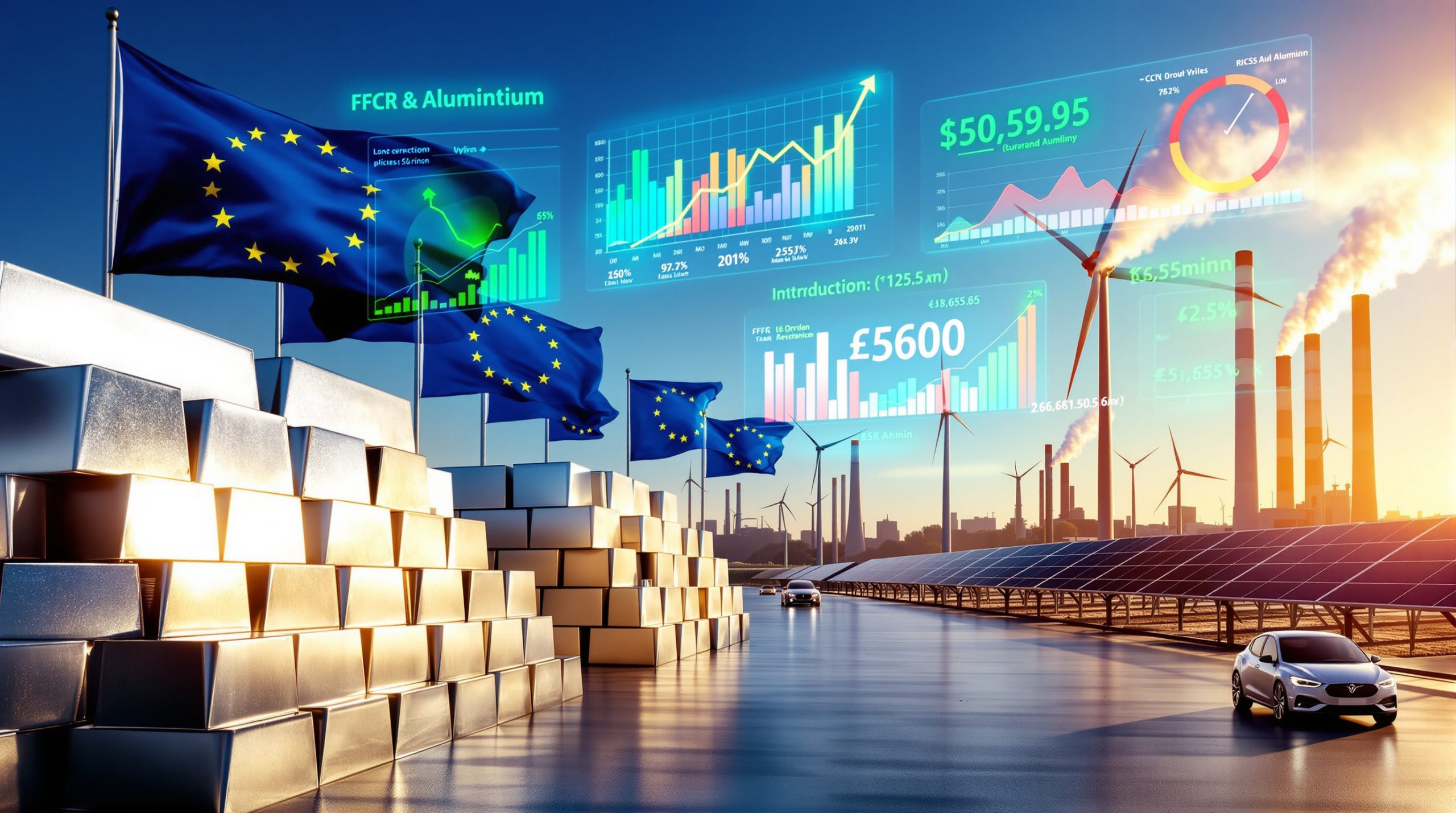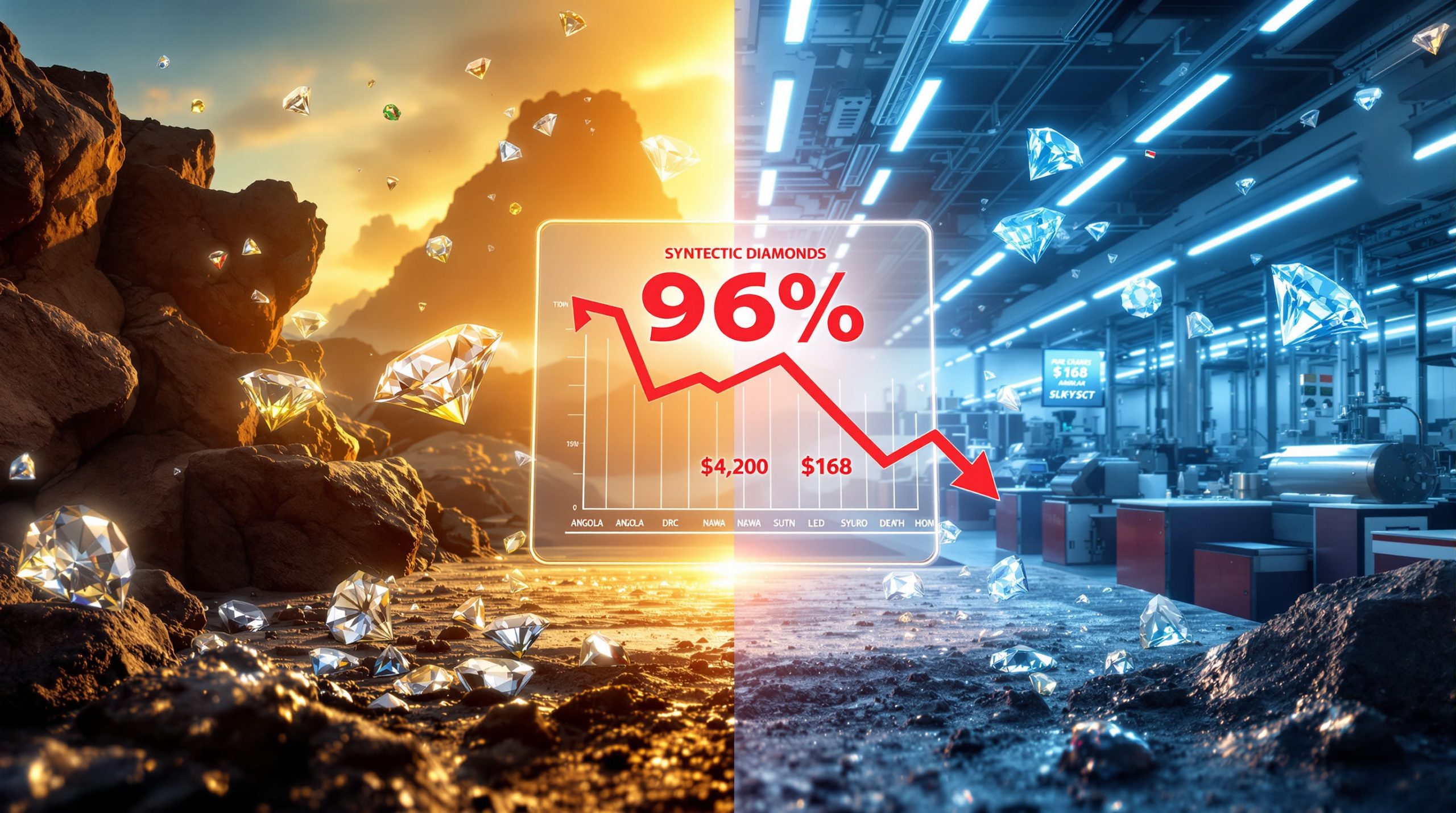Ecobat's Global Lithium Recycling Network: Pioneering Sustainable Battery Solutions
Ecobat has established itself as a formidable force in the lithium battery recycling industry, operating a strategic network of three fully functional lithium recycling facilities across three countries. With an impressive combined processing capacity of 10,000 tons of lithium-ion batteries annually, the company stands at the forefront of the circular battery economy, particularly in Europe and North America. What sets Ecobat apart is not just its current capabilities but its ambitious vision to more than double its existing capacity in the near future.
The company's commitment to sustainability is evidenced by its focus on creating closed-loop production processes for lithium batteries. This approach addresses the growing demand for responsible recycling solutions while supporting the global transition to a circular economy in the battery sector. By recovering valuable materials from end-of-life batteries, Ecobat is creating significant value for its partners and stakeholders while minimizing environmental impact.
What is Ecobat's Role in Lithium Battery Recycling?
The Global Leader in Battery Recycling
Ecobat has strategically positioned itself as a cornerstone of the circular battery economy through its extensive lithium recycling operations. The company's three operational plants across Germany, the UK, and the USA represent one of the most comprehensive lithium battery recycling networks globally. With a combined processing capacity of 10,000 tons annually, Ecobat has established the infrastructure necessary to address the growing volume of end-of-life lithium batteries.
What makes Ecobat's achievement particularly remarkable is the company's commitment to expansion. Industry analysts note that the current 10,000-ton capacity is just the beginning, with plans to more than double this figure in the coming years. This expansion is timely, considering projections that the volume of end-of-life lithium batteries will increase exponentially as the first generation of mass-market electric vehicles reaches retirement age.
Ecobat's Sustainable Vision
At the heart of Ecobat's operations is a commitment to sustainability through closed-loop production processes. The company has recognized early that the future of battery manufacturing depends on developing efficient recycling systems that can recover critical minerals and reduce dependency on primary resources.
Ecobat's approach addresses a critical challenge in the clean energy transition: ensuring that batteries, which enable renewable energy storage and electric transportation, don't create new environmental problems at the end of their life cycle. By recovering valuable materials such as lithium, cobalt, and nickel, Ecobat's recycling processes significantly reduce the need for environmentally destructive mining operations.
How Did Ecobat Expand Its Lithium Recycling Operations?
Rapid 12-Month Deployment Strategy
One of the most impressive aspects of Ecobat's lithium recycling network is the speed at which it was established. All three plants were commissioned within a remarkable 12-month timespan, demonstrating the company's agility and commitment to scaling its lithium recycling capabilities rapidly.
This accelerated deployment strategy included the strategic acquisition of existing facilities, such as Promesa in Germany, which provided Ecobat with established infrastructure and expertise. The systematic rollout across three continents showcases the company's global vision and operational efficiency in addressing the growing demand for lithium battery recycling.
Strategic Global Positioning
Ecobat's recycling facilities are not randomly distributed but strategically positioned in key markets. The plants in Germany, the UK, and the USA are located to serve the growing electric vehicle markets in Europe and North America, where regulatory frameworks increasingly mandate responsible battery recycling.
Each facility is designed to process various lithium-ion battery types, accommodating differences in battery chemistry and form factors. This flexibility is crucial as battery technology continues to evolve. Additionally, the network is designed to meet regional recycling requirements and regulations, which can vary significantly between jurisdictions.
What Are Ecobat's Three Lithium Recycling Plants?
Hettstedt, Germany Facility
The Hettstedt facility in Germany was the first of Ecobat's lithium recycling plants to go online, commissioned at the end of 2023. This facility came into Ecobat's portfolio through the strategic acquisition of lithium-ion recycling operator Promesa in 2021, giving the company an immediate foothold in the European market.
Industry experts describe the Hettstedt plant as "a cornerstone of Ecobat's vision for a circular battery economy in Europe." The facility serves as the continental hub for Ecobat's European lithium battery recycling operations, strategically positioned to process batteries from German and European automotive manufacturers, where electric vehicle adoption rates continue to climb.
Casa Grande, Arizona Facility (USA)
The Casa Grande facility in Arizona represents Ecobat's North American recycling hub. Commissioned in April 2023, this plant was the second in Ecobat's global network to become operational. Its strategic location serves the rapidly growing North American market for electric vehicles and energy storage systems.
With an estimated production capacity of 10,000 tonnes of recycled material per year, the Casa Grande facility plays a crucial role in addressing the United States' battery recycling needs. This is particularly significant given the recent policy initiatives, including the Inflation Reduction Act, which emphasize domestic battery production and recycling capabilities.
Darlaston, England Facility
The most recent addition to Ecobat's lithium recycling network is the Darlaston facility in England, commissioned in November 2024. This plant serves as a critical hub for UK operations while also supporting the wider European market.
The Darlaston facility is designed to process various lithium-ion battery types, particularly focusing on automotive applications. Ecobat has established partnerships with major automotive manufacturers in the UK, creating a direct pipeline for end-of-life battery processing. The facility's launch coincides with the UK's push toward electrification and its 2030 ban on new petrol and diesel vehicle sales.
How Does Ecobat Collaborate with Automotive Partners?
Strategic Industry Partnerships
Ecobat has developed strategic partnerships with major automotive manufacturers, including Volkswagen and Nissan UK. These collaborations focus on recycling batteries from end-of-life electric vehicles and creating closed-loop recycling systems with Original Equipment Manufacturers (OEMs).
The partnership with Volkswagen is particularly noteworthy, as it addresses one of the world's largest automakers' need for sustainable end-of-life solutions for its growing electric vehicle fleet. By establishing direct relationships with manufacturers, Ecobat ensures a steady supply of battery materials for recycling while helping automotive companies meet their sustainability targets and regulatory requirements.
Second-Life Battery Applications
Beyond direct recycling, Ecobat has developed expertise in second-life battery applications, with a specific focus on repurposing Nissan Leaf batteries in the UK. This approach extends the useful life of automotive battery packs before they enter the recycling stream.
By finding new applications for batteries that no longer meet the demanding requirements of automotive use but retain significant capacity, Ecobat helps reduce raw material demand. Typically, EV batteries can retain 70-80% of their original capacity when they're removed from vehicles, making them suitable for less demanding stationary storage applications such as grid stabilization or renewable energy storage.
What is the Market Context for Ecobat's Expansion?
Growing EV Battery Recycling Demand
Ecobat's rapid expansion comes at a critical juncture in the electric vehicle market. With global EV sales surpassing 10 million units in 2022 and projected to reach 145 million on the road by 2030, the future demand for battery recycling is enormous. These vehicles will eventually require battery replacement or reach end-of-life, creating a substantial stream of materials for recycling.
Regulatory pressure is another significant factor driving improved battery recycling infrastructure. The European Union's proposed Battery Regulation, for instance, will mandate collection rates of 65% for portable batteries and 70% for electric vehicle batteries by 2030, with specific recovery targets for materials like lithium (70%) and cobalt (95%).
Circular Economy Transition
The transition to a circular economy for batteries is essential for sustainable EV supply chains. Current estimates suggest that recycled materials could supply over 30% of cobalt and 20% of lithium needed for EV batteries by 2035, significantly reducing dependency on primary mining operations.
The economic case for battery recycling is also improving. As battery volumes increase and recycling technologies mature, the cost per ton processed decreases. Additionally, volatile raw material prices—particularly for cobalt and nickel—make recovered materials increasingly competitive with newly mined resources.
What Are the Environmental Benefits of Lithium Battery Recycling?
Resource Conservation
One of the most significant benefits of lithium battery recycling is resource conservation. The extraction of virgin materials for battery production is resource-intensive and often occurs in environmentally sensitive or politically unstable regions. For instance, producing one ton of lithium through traditional mining requires approximately 500,000 gallons of water and creates significant disturbance to landscapes.
Recycling reduces the need for new raw material extraction by recovering critical minerals from existing batteries. Studies indicate that recycling lithium batteries can recover up to 95% of the cobalt, nickel, and copper content and approximately 80% of the lithium. This recovery significantly reduces the environmental footprint of battery production by minimizing mining-related impacts such as habitat destruction, water pollution, and energy consumption.
Emissions Reduction
Battery recycling contributes to emissions reduction throughout the battery life cycle. The carbon footprint of producing batteries from recycled materials is substantially lower than manufacturing them from virgin materials. Some estimates suggest that using recycled cobalt and nickel can reduce production-related CO2 emissions by up to 40%.
This emissions reduction is crucial for the automotive industry's climate goals. While electric vehicles produce zero tailpipe emissions, their overall environmental impact depends significantly on battery production and end-of-life management. By establishing efficient recycling systems, Ecobat and similar companies enable truly sustainable electric vehicle lifecycles, contributing to decarbonisation in mining and overall greenhouse gas reduction targets.
What is the Future Outlook for Ecobat's Lithium Recycling Operations?
Expansion Plans
Ecobat lithium recycling plants have clearly stated their intention to more than double their current 10,000-ton annual processing capacity in the near future. This ambitious expansion plan likely includes both scaling existing operations and potentially establishing new facilities in additional markets where electric vehicle adoption is accelerating.
The company is strategically positioned to capitalize on the growing volume of end-of-life batteries. Industry forecasts suggest that by 2030, over 2 million tons of lithium-ion batteries will reach end-of-life annually, creating a substantial opportunity for recycling operations. Ecobat's early establishment of a global recycling network provides a competitive advantage in this rapidly developing market.
Technological Innovation
Technology development remains a critical focus for Ecobat's future operations. The company is investing in more efficient recycling processes that can improve recovery rates of critical materials while reducing processing costs. Current lithium battery recycling typically involves a combination of mechanical and hydrometallurgical processes, but new technologies are continuously emerging.
Adapting to evolving battery chemistries presents both a challenge and an opportunity. As battery manufacturers develop new formulations with different material compositions—such as lithium iron phosphate (LFP) batteries with lower cobalt content—recycling processes must evolve accordingly. Ecobat's investment in research and development positions the company to address these changing battery technologies effectively.
FAQ About Ecobat's Lithium Recycling Operations
What types of lithium batteries does Ecobat recycle?
Ecobat's facilities are designed to process various lithium-ion battery types, including automotive lithium-ion batteries from electric vehicles, which comprise the largest segment by weight. The company also handles various lithium-ion battery chemistries from different applications, including NMC (Nickel Manganese Cobalt), NCA (Nickel Cobalt Aluminum), and LFP (Lithium Iron Phosphate) formulations.
End-of-life battery packs from major automotive manufacturers form a significant portion of Ecobat's processing volume, thanks to its strategic lithium investments and partnerships with companies like Volkswagen and Nissan. Additionally, the company processes industrial and consumer lithium battery products, though in smaller volumes compared to automotive applications.
How does lithium battery recycling contribute to sustainability?
Lithium battery recycling creates substantial sustainability benefits by recovering critical minerals that would otherwise require energy-intensive and environmentally damaging mining operations. For perspective, recycling one ton of lithium batteries can recover approximately 35 kg of lithium carbonate equivalent, 164 kg of cobalt, and 129 kg of nickel.
The process significantly reduces waste going to landfills or improper disposal, which is particularly important given the potential fire hazards and toxic materials in lithium batteries. By establishing a circular economy for battery materials, recycling lowers the overall environmental footprint of battery production and helps extend the utility of already-extracted resources.
What materials are recovered from recycled lithium batteries?
Ecobat's recycling processes recover a range of valuable materials from end-of-life batteries. Primary among these are lithium compounds suitable for reuse in new batteries, typically recovered in the form of lithium carbonate or lithium phosphate. Cobalt and nickel, which are among the most valuable and environmentally problematic components to mine, are recovered at high rates, typically exceeding 90%.
Other recovered materials include copper and aluminum from battery casings and internal components, which can be directed to conventional metal recycling streams. The direct lithium extraction components and other materials such as graphite can also be recovered, though the economic value and recovery rates for these materials are generally lower than for the primary metals. Many of these processes are helping advance Australia's lithium ambitions in the global market.
Ready to Stay Ahead of Major Mineral Discovery News?
Experience real-time alerts on significant ASX mineral discoveries with Discovery Alert's proprietary Discovery IQ model, turning complex mineral data into actionable insights instantly. Explore why major mineral discoveries can lead to exceptional market returns by visiting Discovery Alert's dedicated discoveries page and position yourself ahead of the market.




